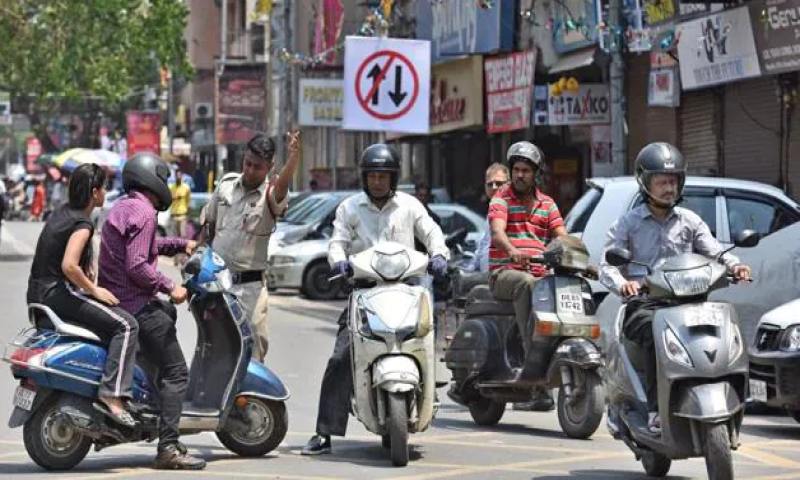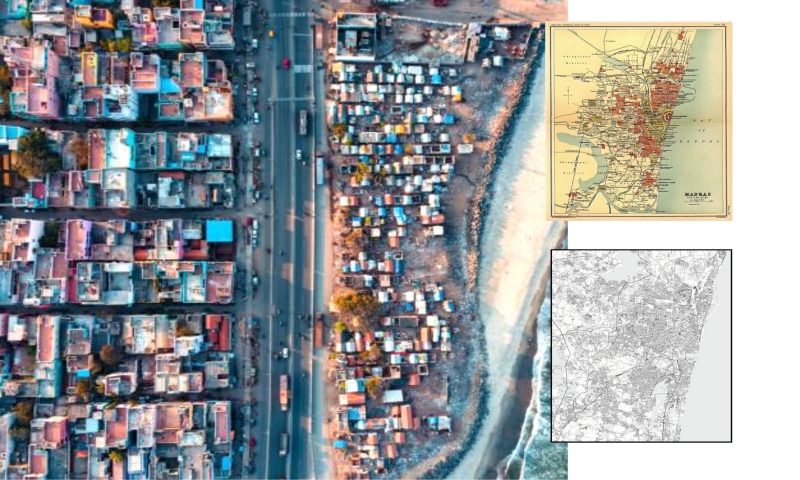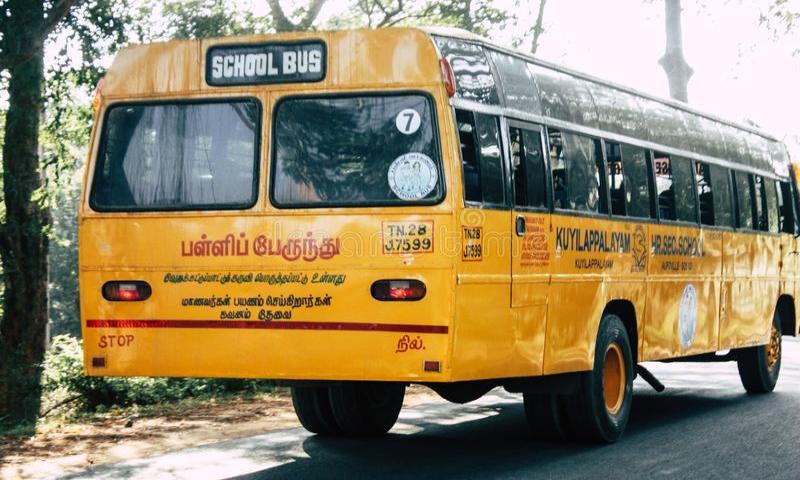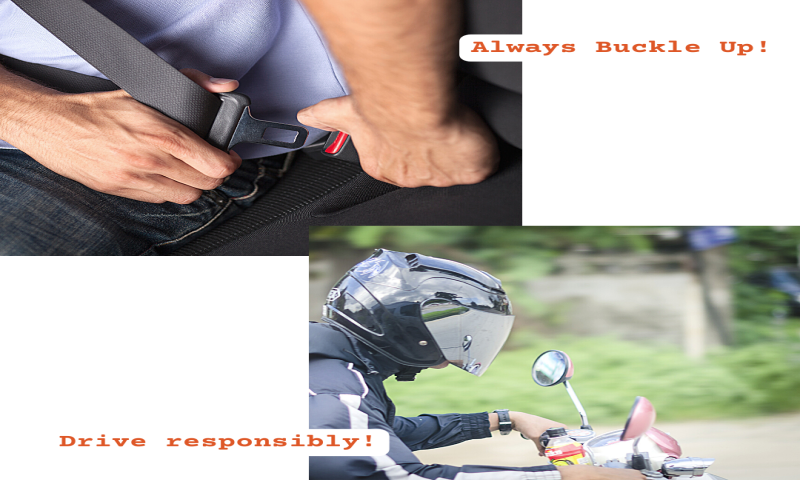When the rubber hits the road !
Tamil Nadu was the first state to bring in a Road Safety Policy as a part of its road safety management system. However, the status of the existing Road Safety Policy calls for an immediate review to ensure that the policy reflects prevailing road safety issues and identifies existing policy constraints. This report furnishes a set of recommendations for the state through a qualitative comparison of Road Safety Policies of other states in India.



